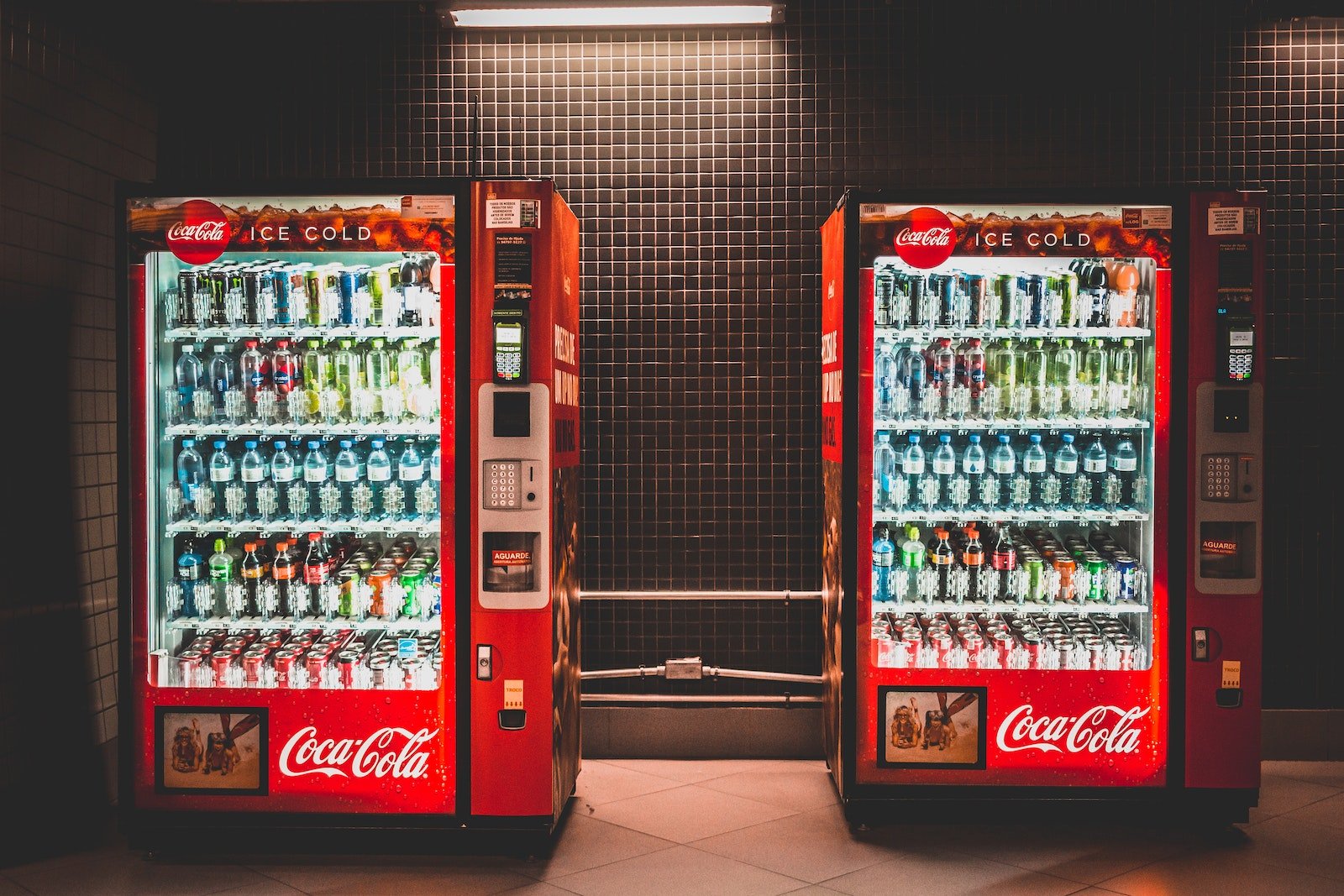A vending machine is an automated machine that dispenses a variety of products or services to customers when they insert money, tokens, or use a digital payment method. These machines are typically found in public spaces such as airports, shopping malls, office buildings, train stations, and schools, among others.
Vending machines offer numerous benefits and have various applications, some of which include:
- Convenience
Vending machines provide a convenient way for customers to access products or services without the need for human interaction. They are available 24/7 and eliminate the need to stand in line or visit a physical store. - Accessibility
Vending machines are often strategically placed in high-traffic areas, making them easily accessible to a large number of people. This accessibility allows for products or services to be available in locations where traditional retail stores may not be feasible. - Diverse Product Range
Vending machines can dispense a wide range of products, including snacks, beverages, cigarettes, toiletries, electronics, tickets, and even fresh food. This diversity allows customers to find products that cater to their specific needs or preferences. - Cost-Effectiveness
Vending machines can be a cost-effective solution for businesses. They require lower labor costs compared to traditional retail stores since they operate automatically. Additionally, they eliminate the need for store space and can be installed in small areas, saving on rent expenses. - Increased Revenue Opportunities
Vending machines can generate additional revenue streams for businesses. They can be placed in strategic locations to target specific customer demographics and capitalize on impulse buying behavior. - Enhanced Efficiency
Vending machines streamline the purchasing process by reducing the time required for transactions. Customers can quickly make their selections and receive the desired products immediately, eliminating the need to browse shelves or wait in line. - Customization and Interactivity
Modern vending machines offer customization options, such as touchscreens and digital interfaces, allowing customers to personalize their orders. Some machines even incorporate interactive features and provide information or entertainment while customers wait for their purchases. - Cashless Payments
Many vending machines now accept cashless payment methods such as credit cards, mobile wallets, or contactless payment systems. This enables customers to make purchases even if they do not have physical currency on hand.
The applications of vending machines extend across various industries, including:
- Food and Beverage: Vending machines are commonly used to dispense snacks, drinks, and ready-to-eat meals. They can be found in schools, airports, hospitals, and office buildings, providing convenient options for quick meals or refreshments.
- Retail Products: Vending machines are utilized for selling various retail products, including electronics, toiletries, cosmetics, clothing accessories, and even luxury items. They offer a compact and accessible solution for customers to make purchases on the go.
- Entertainment and Media: Vending machines can be used to distribute tickets for concerts, movies, public transportation, or events. They can also dispense DVDs, video games, and digital media content.
- Health and Wellness: Vending machines are employed in the healthcare industry to distribute over-the-counter medications, personal care items, and medical supplies.
- Automated Services: Vending machines are utilized to offer automated services such as ATM cash withdrawals, photo printing, laundry services, and even bike rentals.
Overall, vending machines provide convenient and efficient access to a wide range of products and services, making them valuable assets in various industries and public spaces.

